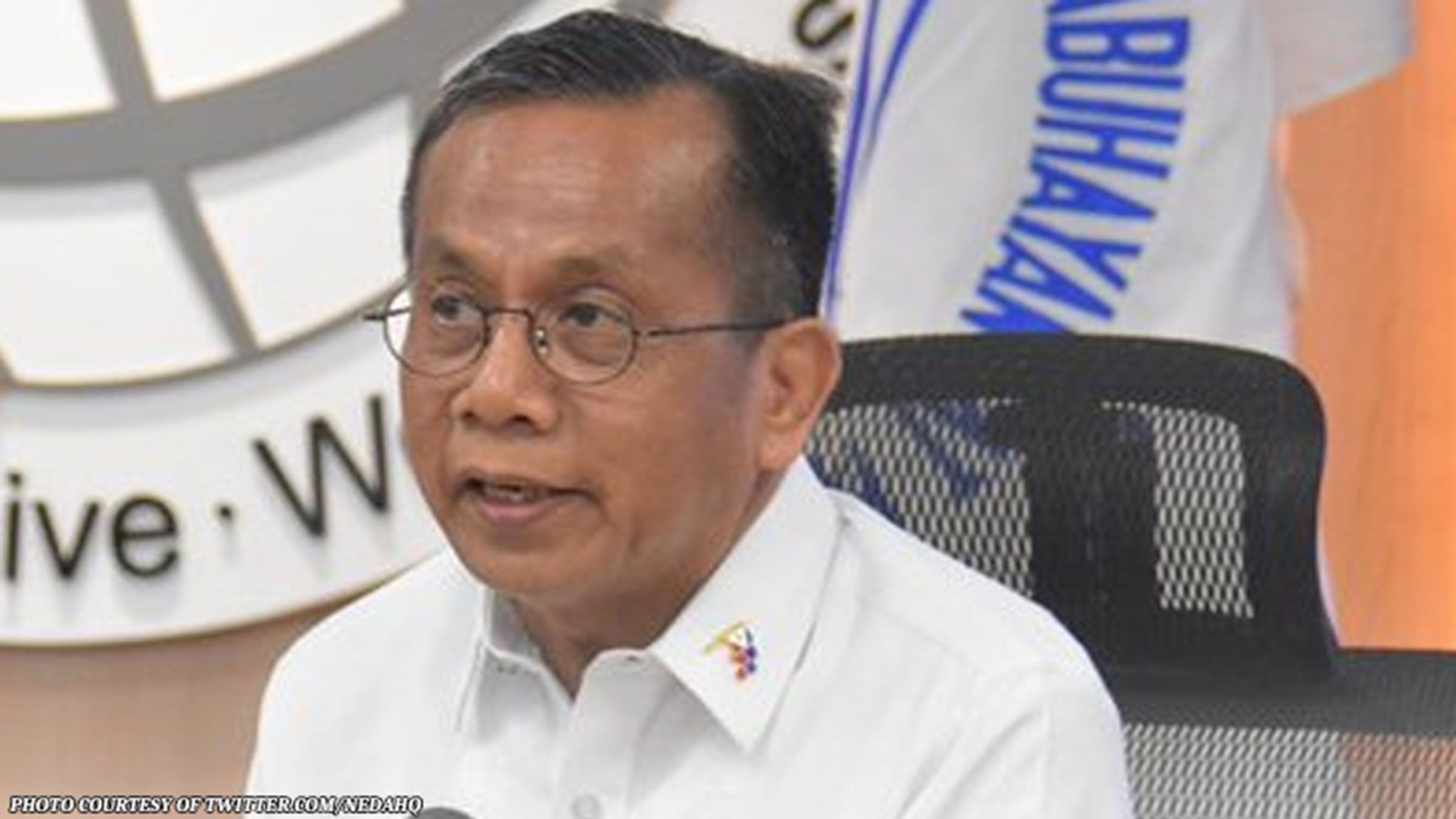The Phl government's commitment to significantly reduce poverty and inequality has been reaffirmed by NEDA.
The Philippine Development Plan (PDP) 2023–2028 is focused on reducing poverty and inequality in the country, the National Economic and Development Authority (NEDA) reaffirmed.
NEDA Secretary Arsenio M. Balisacan explained that the upcoming PDP—anchored on the 8-Point Socioeconomic Agenda of the Marcos administration—is intended to address the persistent multigenerational inequality and poverty among Filipino families during his keynote at the launch of the World Bank (WB) Philippines' report on overcoming poverty and inequality last November 24.
“In particular, initiatives to boost health, improve education and lifelong learning, increase income-earning ability, ensure food security and proper nutrition, and rationalize social protection will be among the main policy thrusts of the PDP,” Balisacan explained.
“We aim to sustain the socioeconomic gains in the past decade for at least two more decades, in the hope of attaining the AmBisyon Natin 2040, which states that all Filipinos will enjoy a firmly rooted, comfortable, and secure life by 2040,” he added.
Balisacan, however, stressed that the arrival of the COVID-19 pandemic temporarily halted this progress and exacerbated existing issues, affecting vulnerable Filipinos most especially in the form of learning losses.
“These could constrain future efforts to further reduce poverty and inequality. The pandemic has accelerated the shift in the types and quality of jobs that could disproportionately affect the poor, especially those who cannot ride this wave of digitalization. Job polarization could affect overall productivity in the years to come,” he cited.
He thanked the WB Philippines for their research, saying that it supports the objectives of the current administration to address lifetime and generational poverty and achieve a single-digit poverty rate by 2028.
“The report provides a sweeping picture of how inequality and poverty are entrenched over a person’s life cycle from maternal health that impacts mother and child, to children’s access to education and health services, and to employment and income opportunities. Interventions, therefore, must encompass this whole life cycle,” Balisacan continued.
Meanwhile, the WB report emphasized the country's notable reduction in poverty, which was made possible in part by sustained economic growth and structural change.
Based on the research data, poverty in the Philippines decreased by 2/3 between 1985 and 2018. It also highlightws how social assistance programs like the Pantawid Pamilyang Pilipino Program (4Ps) and the expansion of secondary education have all had an impact on the country's poverty reduction.
Further, the WB pointed out the inequality in the country remains high, highlighting that the top 1 percent of Filipino earners contribute to 17 percent of national income while only 14 percent comes from the bottom 50 percent. The report further finds that persistent inequality limits the potential of Filipinos to acquire better opportunities.
“We must urgently address these challenges so that we do not backslide and instead sustain our efforts towards sustainable and inclusive economic development. The World Bank’s new Poverty and Inequality Report is a welcome analytical piece that is both timely and relevant,” Balisacan explained.
Tags: #NEDA, #WorldBank, #poverty

